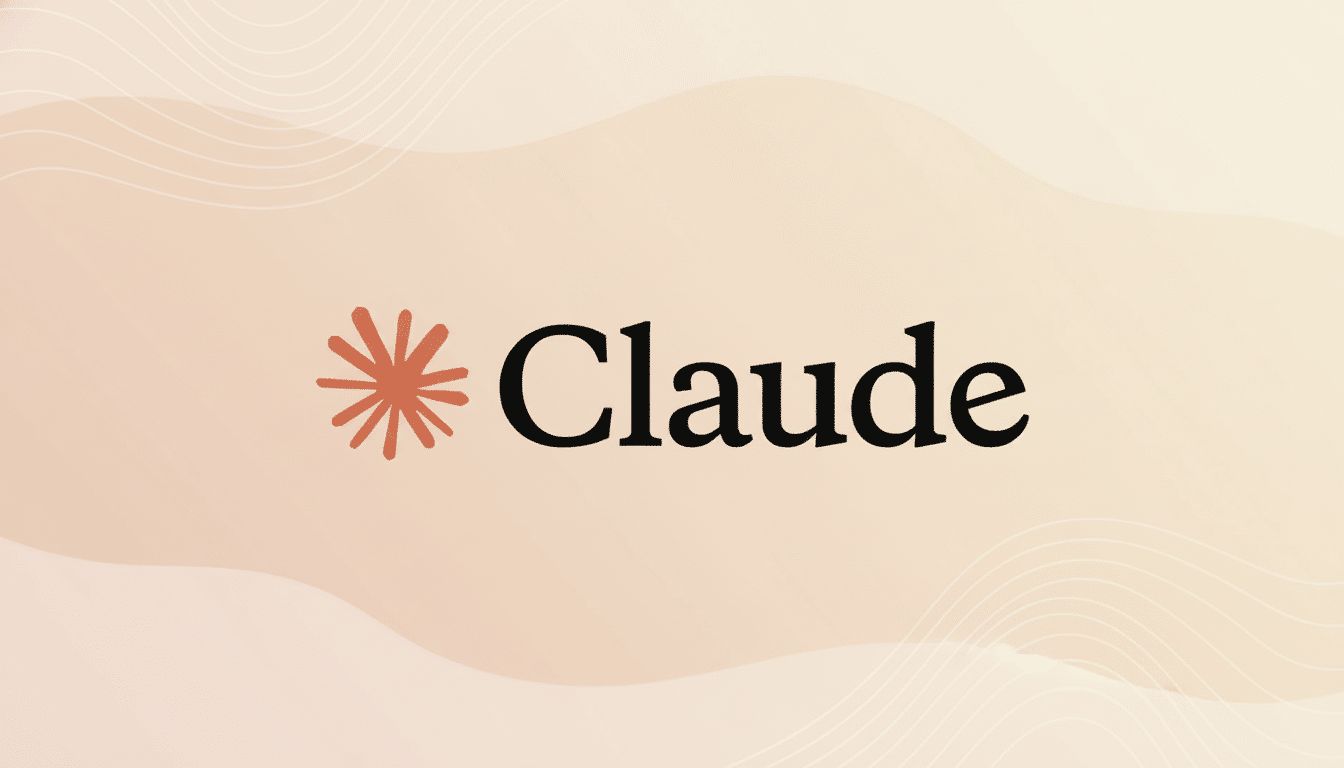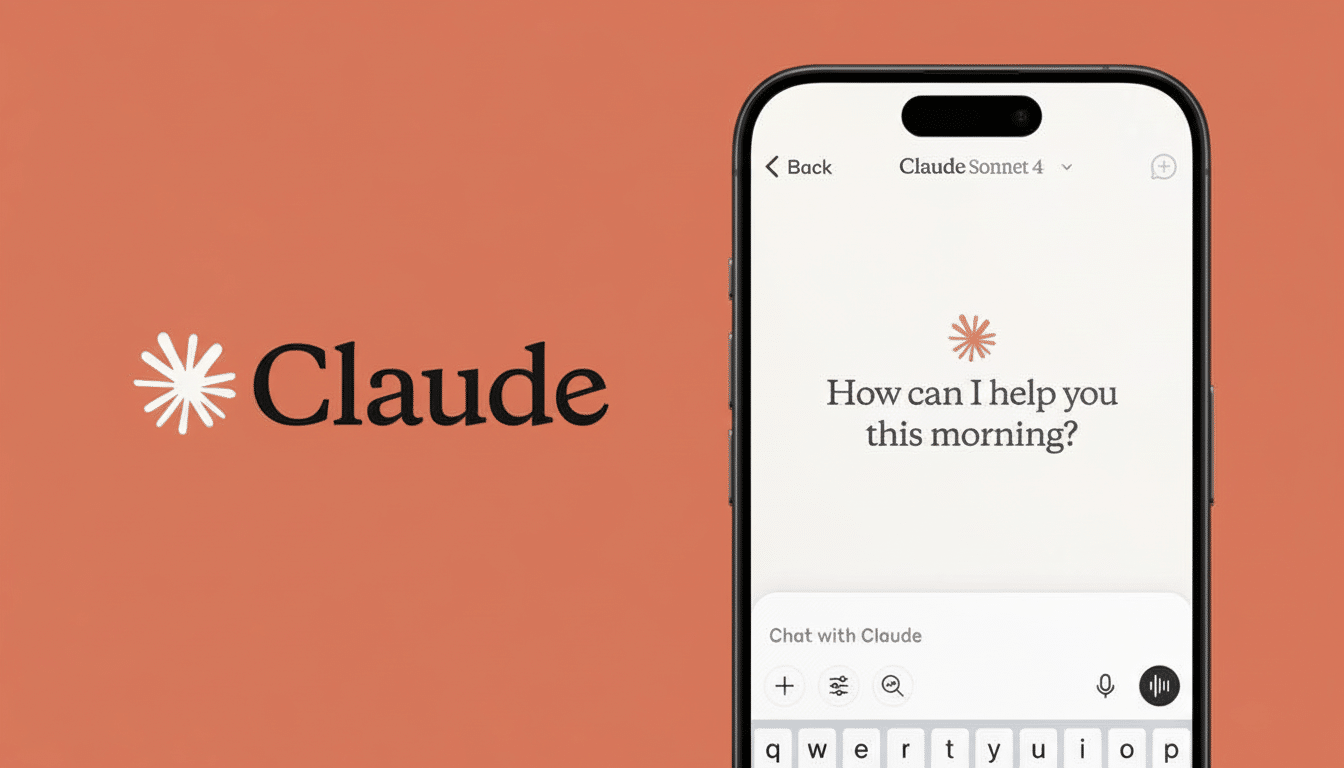Anthropic is releasing Skills for Claude, a new method to establish repeatable instruction sets in order to teach the AI how to fulfill tasks the way you want them done. Job seeking and recruiting technology in the US has not seen many good vibes in recent years, but vetted professional interview platform Claude is debuting on TechCrunch to spread news of its $3.5 million seed round and GameStop-style growth since March 2020. With fractionalism now seeping into stock trading, university studentship opportunities, NFTs, it was only a matter of time before reductive-observing skills development got itself a piece too. Available for Pro, Max, Team, and Enterprise plans, users will be able to utilize Skills as reusable playbooks that “shape how Claude responds across both routine and specialized work throughout the entire Claude app, including the Claude Code editing environment as well as the API.”
What Skills Are and Why They Matter for Claude
Think of a Skill as a pocket onboarding guide: some named instructions, examples, and preferences that Claude can pull out anytime it needs help responding to whatever you just said. Instead of repeating brand tone and formatting rules, or compliance steps every session, you file it away once, and Claude pulls from them when they’re relevant.

Anthropic also includes a number of built-in Skills to speed up common outputs, such as Word documents, Excel spreadsheets, and slide presentations. Best of all, you can even build your own Skills—like for the voice or tone of a brand, proposal templates, or coding conventions—and Claude will learn when to apply them without having to manage individual prompts.
The upshot is faster, more consistent work product. In real-world implementations, that might include pitch decks in line with your house style, research summaries formatted according to your citation requirements, or code stubs adhering to your organization’s linting rules—without verbose introduction of the prompts on every occasion.
Getting Set Up and Using Skills in Claude
You handle Skills from Settings > Abilities. With organization-wide access turned on by Team and Enterprise admins, employees can share a collective library while keeping private Skills for sensitive workflows. Simply turn it on, give your Skill a name and description, and paste in the instructions, examples, or reference material that you would like Claude to follow.
Good Skills are as crisp to read as lovely SOPs.
- Specify the required tone, structure, and acceptance criteria.
- Include some examples of good outputs or common mistakes to avoid.
- If a Skill substitutes for things people routinely forget—let’s say inserting a risk warning or employing a particular slide master—make that explicit.
As you work, Claude will automatically pick the most appropriate Skills for you based on context. You can also nudge it by including the name of the Skill in your prompt when precision is key, then check your work afterward to double-check that you followed guidance from the Skill. Developers write a Skill once and can invoke it across devices through the API.
Real-World Examples of Claude Skills in Teams
Sales and marketing teams can save brand voice, buyer personas, and formatting rules in a Skill so proposal drafts, email sequences, and pitch decks sync up off the bat. The Skill gives them to Claude, rather than Claude being reminded to set tone and value props.
Finance and ops teams encode spreadsheet standards—like tab naming, formula preferences, and validation checks—to ensure models created are all consistent. Any task that requires a variance tab and comment cells means less rework later.

Engineering teams can make code style, security checklists, and docstring templates a Skill. When Claude writes functions or reviews diffs, these conventions inform its behavior—resulting in fewer lint violations and more predictable pull requests.
Governance, Security, and Trust for Claude Skills
Personalization increases responsibility. Anthropic points out that some Skills can enable Claude to execute code or automate tasks, too, and potentially raise or lower the stakes even further. Only let sensitive actions be performed in Skills by authors you trust; review permissions and keep an eye on outputs, especially in shared environments.
All providers will have different privacy policies, and you should consider that anything you include in a Skill may be retained indefinitely within your organization’s systems. For regulated teams, align Skill content with regulations in the NIST AI Risk Management Framework, and consider using ISO/IEC 42001, an AI management standard used to formalize controls, review processes, and audit trails.
Set explicit guidelines: do not hard-code secrets or customer PII into Skills, version them like software, and at a cadence that requires re-approval. For enterprises, create a Skill—call it the “meta-governance” butler—that reminds Claude to sanitize outputs, cite sources, and flag uncertainty at every turn.
How It Compares in the AI Stack and Ecosystem
Skills represent the broader transformation from general-purpose chatbots to domain-aware assistants. Microsoft is promoting connectors that allow Copilot to tap into enterprise data, and Google has turned extensions into a way of grounding Gemini in user context. OpenAI made customizable assistants popular with its GPTs ecosystem.
The interesting angle here is how Skills standardize instructions across the Claude app, code environment, and API so teams don’t need to list out their playbooks anew from scratch each time. That single source of truth is critical as organizations work to scale genAI; Gartner forecasts that by 2026, more than 80% of enterprises will either use generative AI APIs or deploy genAI applications, with only a small minority doing so in 2023.
How to Get Results with Skills: Best Practices
- Begin with three high-impact Skills: brand or style guidelines, a document or data formatting standard, and an evaluation rubric against which the model can self-check.
- Make them short, concrete, and full of examples.
- Name Skills honestly (Team Purpose Standard v1.2) and decommission outdated versions as requirements evolve.
Finally, measure outcomes. Track how many edits were not needed, the time you saved, and defect rates before and after releasing a Skill. If a Skill unbridles friction, increase its scope; if it leads to confusion, narrow instructions or spin it off into specialized iterations. Eventually, your library becomes institutional memory that makes Claude faster, safer, and more consistent.

